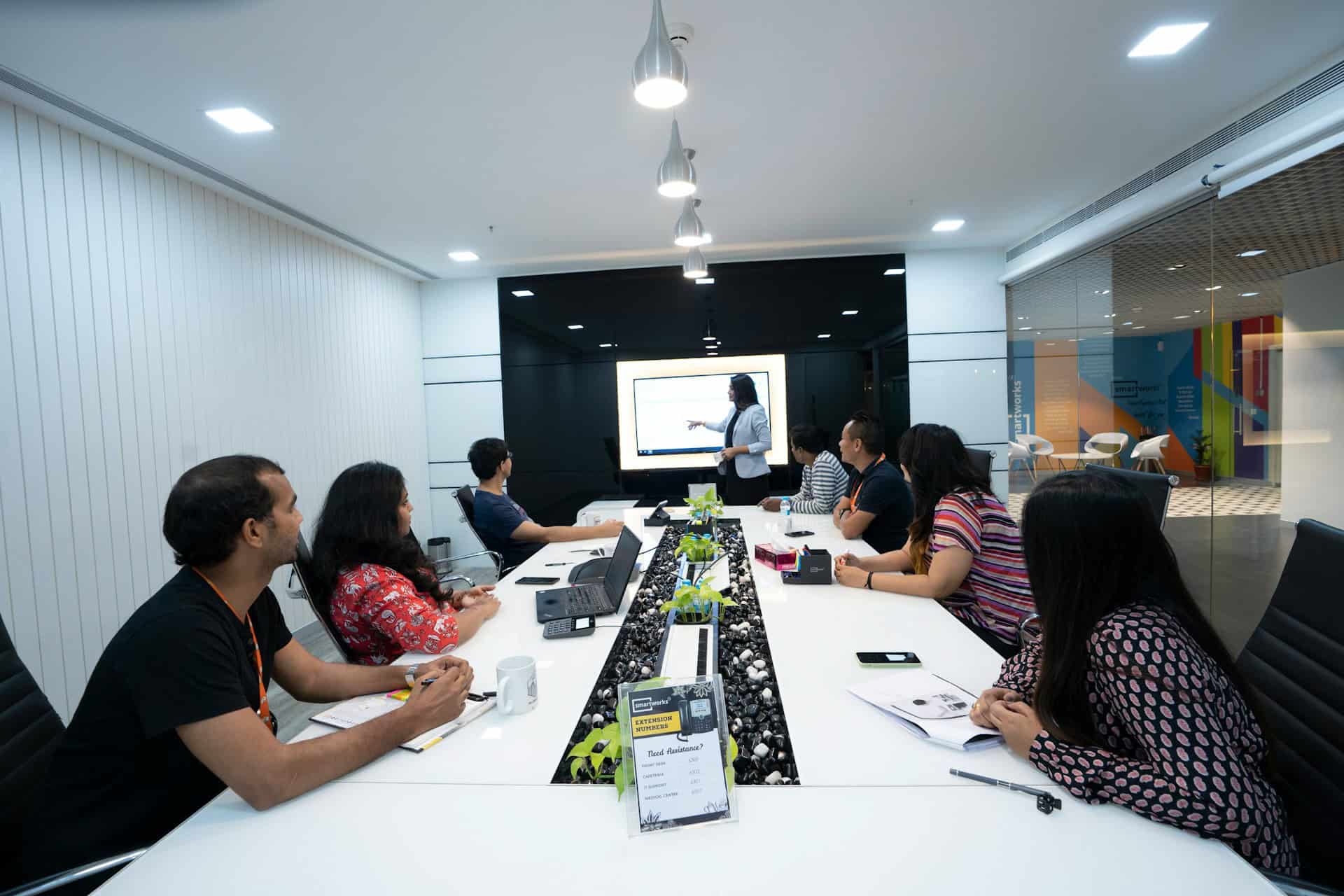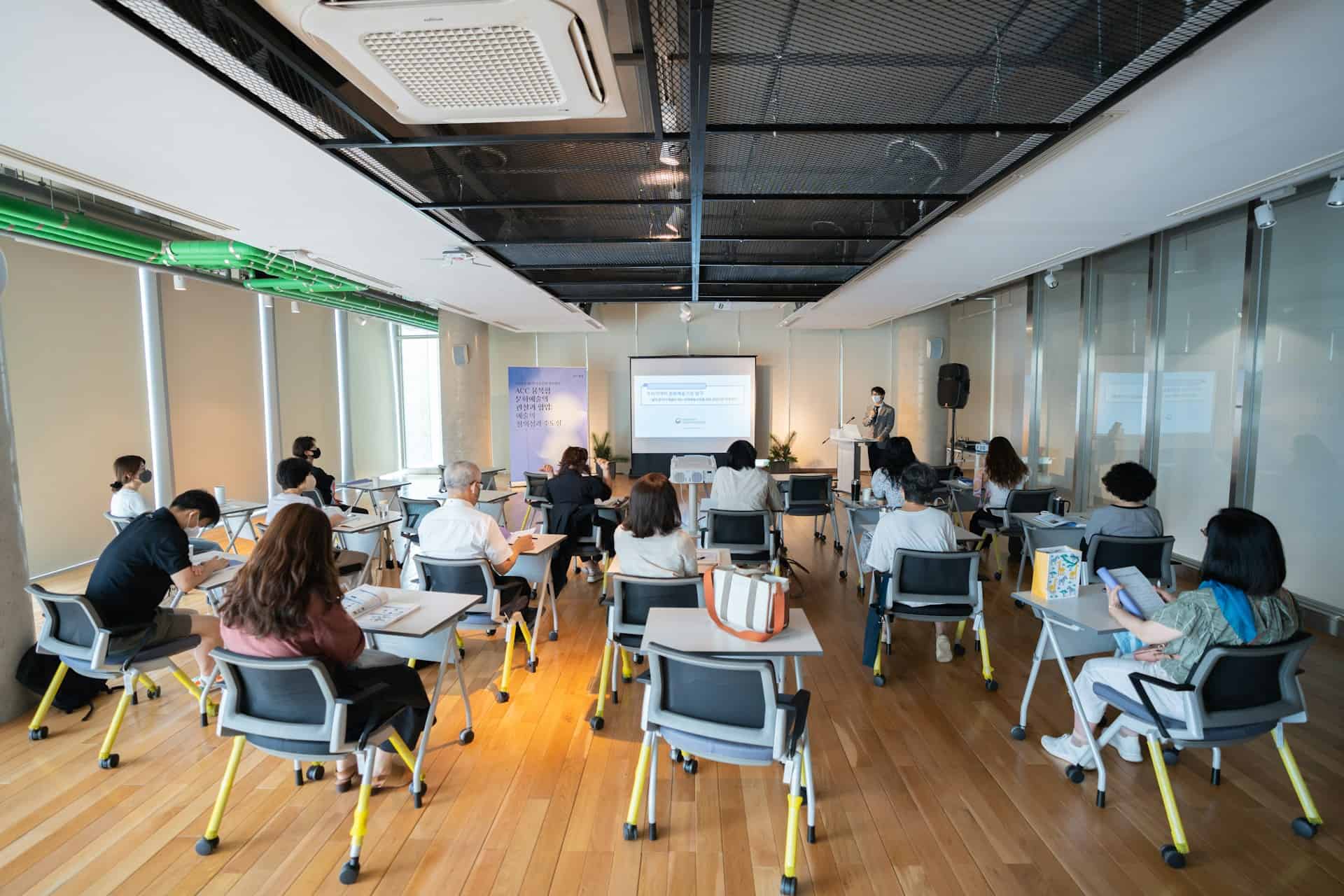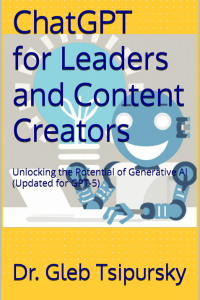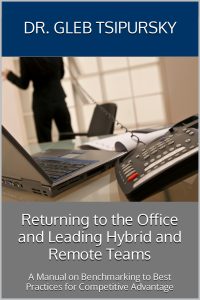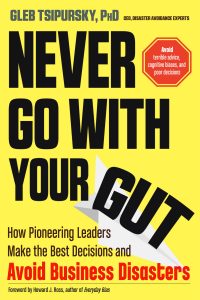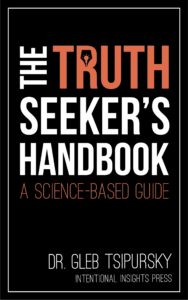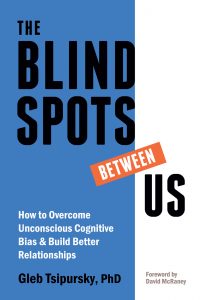Will Gen AI replace humans? Not likely—but it will reshape roles. For associations, the opportunity lies in guiding members to adapt, lead, and thrive by combining AI tools with uniquely human skills like ethics, empathy, and strategic insight.
Gen AI projects succeed when grounded in practical, incremental use cases—not in overhyped visions of full autonomy. Avoid the mirage; real value comes from augmentation, not automation.
Gen AI anxiety is real, but associations that address it through open dialogue, empathy, and transparency can transform fear into trust—and position themselves as leaders in innovation and human connection.
Remote work is a catalyst for startup growth—fueling productivity, revenue, and innovation by expanding access to talent, reducing costs, and enabling agile, flexible operations in a global marketplace.
With Generative AI, associations must prioritize thoughtful, transparent integration that aligns with their mission—balancing innovation with trust, ethics, and member engagement to lead responsibly in a rapidly evolving landscape.
Successful generative AI transition requires leaders to overcome cognitive biases through transparency, empathy, and hands-on engagement—empowering teams to see AI not as a threat, but as a tool for growth and innovation.
Gen AI adoption strategy for associations requires more than new tools—it demands a mission-aligned approach that enhances efficiency, empowers staff and volunteers, and delivers measurable value across operations.
RTO mandates lead to higher employee turnover, particularly among women and skilled workers, with a 14% increase in turnover at major firms. These policies also slow hiring and make recruitment harder, highlighting the need for flexible work to retain top talent.
Gen AI future will transform industries by automating creativity, boosting productivity, and redefining human-machine collaboration—reshaping the future of work and innovation.
A pronatalist policy that ignores the need for workplace flexibility is self-defeating—without remote options, the $5,000 baby bonus becomes a short-term perk that fails to support long-term family growth or retain key talent.
A well-designed Gen AI portal empowers associations to turn uncertainty into opportunity—building trust, boosting adoption, and enabling staff and volunteers to confidently integrate Gen AI into their mission-driven work.
Remote work productivity surged during the pandemic, with studies showing a strong link between increased telework and industry-wide efficiency, cost savings, and TFP growth—challenging the push for full return-to-office mandates.
Learn the Gen AI Truths about transparent communication for association leaders. Discover how open dialogue, shared progress, and inclusive feedback drive successful AI integration and stronger member engagement.
A strong Gen AI learning strategy is more than just training—it’s about engaging employees through hands-on experience, community, and incentives. When people feel invested, they’re more likely to embrace AI, innovate, and drive lasting transformation.
Clear, consistent communication is vital to any successful Gen AI Transformation. It’s not just about introducing the tech—it’s about bringing people along for the journey, addressing concerns, and showing real-world benefits. Engagement starts with dialogue.
The Office Return Mandate could harm federal workforce productivity. Research shows telework boosts efficiency by 12%, with fewer distractions and better task allocation. A hybrid model tailored to job needs offers a more effective, flexible solution for government employees.
Integrating Gen AI into associations can trigger Gen AI Fears among staff, volunteers, and members, but these fears can be effectively managed through transparent, consistent communication and ongoing engagement. By openly sharing progress, addressing concerns, and inviting dialogue, associations build trust and transform apprehension into enthusiasm, making Gen AI adoption a collaborative and successful cultural shift.
Victims of RTO policies include older workers, individuals with disabilities, and women, who face barriers to workplace participation. Forced office returns undermine workforce diversity, economic growth, and inclusivity. Flexible work is essential for a thriving, adaptable labor market.
Top firms don’t just adopt Gen AI—they operationalize it across the enterprise, gaining a measurable edge in revenue, profitability, and market share.
A dynamic Gen AI blueprint is key for associations to stay relevant. By integrating continuous feedback and data-driven insights, associations can enhance training programs, drive innovation, and boost member satisfaction, ensuring long-term success.
AI won’t take your job—but someone who knows how to use it might.
Will Gen AI replace us or redefine us? The future lies in collaboration, not competition. By embracing adaptability and human-centric skills, we can thrive alongside Gen AI and shape a more innovative and ethical world.
Physna transforms 3-D models into code—turning static geometry into searchable, analyzable data that bridges the physical and digital worlds.
When teams coordinate their own in-office schedules around project needs and shared goals—rather than following top-down mandates—engagement, productivity, and trust all improve.
Gen AI demands a growth mindset and continuous learning for association success. By providing targeted training, real-world application, and fostering experimentation, leaders can empower teams to innovate, improve member value, and enhance organizational efficiency.
Protect yourself from decision disasters by getting our free Wise Decision Maker Course, which includes 8 weekly video-based modules. As a bonus, you'll receive a free copy of our Assessment on Dangerous Judgment Errors in the Workplace when you sign up.




















